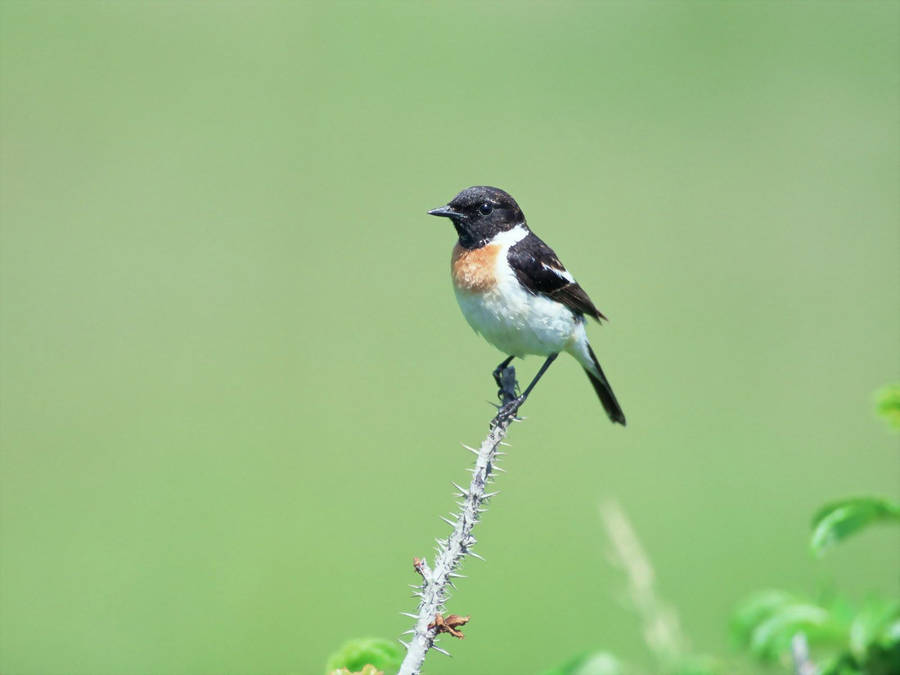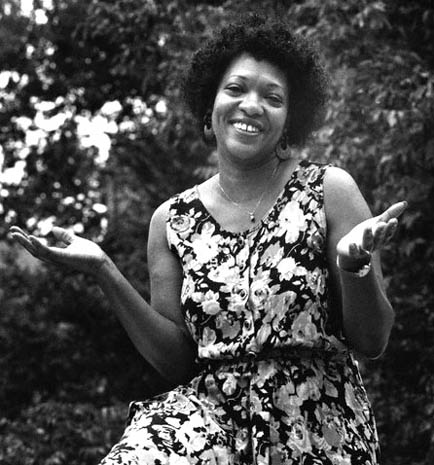
Ode on a Grecian urn | |
| Thou foster-child of silence and slow time, | |
| Sylvan historian, who canst thus express | |
| A flowery tale more sweetly than our rhyme: | |
| What leaf-fring’d legend haunts about thy shape | 5 |
| Of deities or mortals, or of both, | |
| In Tempe or the dales of Arcady? | |
| What men or gods are these? What maidens loth? | |
| What mad pursuit? What struggle to escape? | |
| What pipes and timbrels? What wild ecstasy? | 10 |
| Are sweeter; therefore, ye soft pipes, play on; | |
| Not to the sensual ear, but, more endear’d, | |
| Pipe to the spirit ditties of no tone: | |
| Fair youth, beneath the trees, thou canst not leave | 15 |
| Thy song, nor ever can those trees be bare; | |
| Bold Lover, never, never canst thou kiss, | |
| Though winning near the goal—yet, do not grieve; | |
| She cannot fade, though thou hast not thy bliss, | |
| For ever wilt thou love, and she be fair! | 20 |
| Your leaves, nor ever bid the Spring adieu; | |
| And, happy melodist, unwearied, | |
| For ever piping songs for ever new; | |
| More happy love! more happy, happy love! | 25 |
| For ever warm and still to be enjoy’d, | |
| For ever panting, and for ever young; | |
| All breathing human passion far above, | |
| That leaves a heart high-sorrowful and cloy’d, | |
| A burning forehead, and a parching tongue. | 30 |
| To what green altar, O mysterious priest, | |
| Lead’st thou that heifer lowing at the skies, | |
| And all her silken flanks with garlands drest? | |
| What little town by river or sea shore, | 35 |
| Or mountain-built with peaceful citadel, | |
| Is emptied of this folk, this pious morn? | |
| And, little town, thy streets for evermore | |
| Will silent be; and not a soul to tell | |
| Why thou art desolate, can e’er return. | 40 |
| Of marble men and maidens overwrought, | |
| With forest branches and the trodden weed; | |
| Thou, silent form, dost tease us out of thought | |
| As doth eternity: Cold Pastoral! | 45 |
| When old age shall this generation waste, | |
| Thou shalt remain, in midst of other woe | |
| Than ours, a friend to man, to whom thou say’st, | |
| “Beauty is truth, truth beauty,”—that is all | |
| Ye know on earth, and all ye need to know. |















